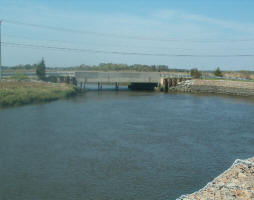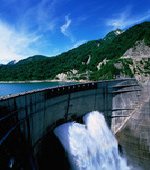 Financing the Sustainable Development of the Mediterranean: What Role for Green and Climate Finance?
Financing the Sustainable Development of the Mediterranean: What Role for Green and Climate Finance?
| Release date | 02/05/2022 |
|---|---|
| Contributor | maroua |
| URL | https://www.iemed.org/publication/financing-the-sustainable-development-of-the-mediterranean-what-role-for-green-and-climate-finance/ |
An approach to the so-called “green finance” and its prospects and challenges in the Mediterranean, which concludes with the projection of various scenarios for the future of this type of finances in the region. A collaboration between the IEMed and Eco-Union.
Green Finance is usually defined as the set of financial mechanisms, tools and programmes to shift from a carbon-intensive economy to a decarbonized (green) economy. It aims to reduce Environmental pollution and greenhouse gas emissions of the economy, minimising waste and improving efficiency in the use of natural resources. Green finance includes, but is not limited to, the financing of public and private green investments in environmental goods and services and prevention, minimisation and compensation of damages to the environment and to the climate, the financing of public policies (including operational costs) that encourage the implementation of environmental and environmental-damage mitigation or adaptation projects and initiatives and components of the financial system that deal specifically with green investments (Fosse et al. 2017).
Therefore, investments need to rapidly increase, as failing to do so will have long term lasting effects on the economy that can be up to 6 times higher than previously expected (Kikstra et al., 2021). It is therefore clear that there is a need to rapidly increase the amount of money invested in low-carbon technologies if we want to avoid the more severe effects of climate change at global and mediterranean level, as one of the most vulnerable regions of the world (MedECC, 2021).
Read more here
 you are not logged in
you are not logged in





